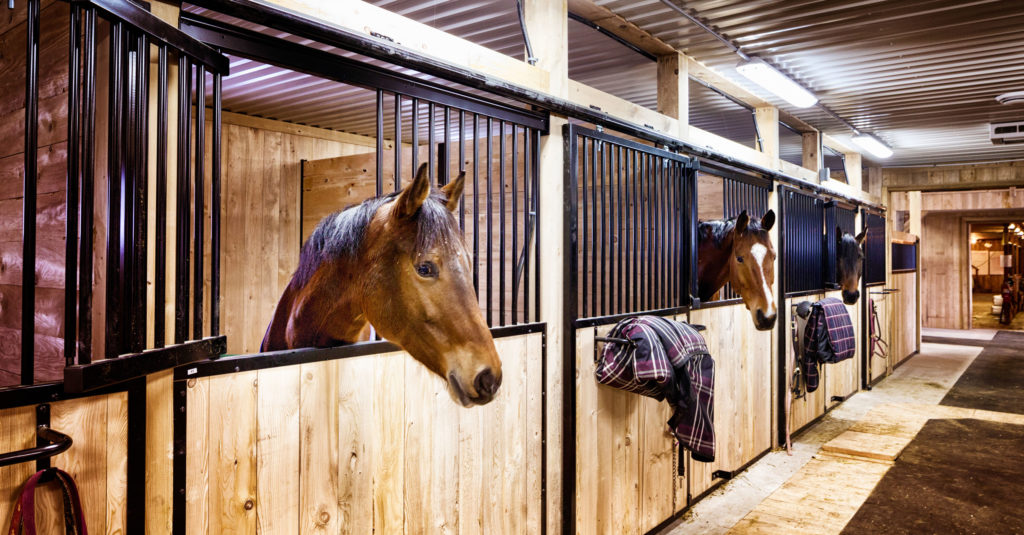
Part of running a boarding stable includes watching humans and horses come and go—but it shouldn’t be an everyday event. New boarders need reassurance that a stable will work alongside them to care for their horses’ needs.
Settling In
When a new boarder first arrives at a barn, two things can threaten their ability to settle in: poor communication and uncertainty, said Dena Dorn, owner of Triple D Ranch, in Watkins, Colorado. They knew what their previous barn offered, but they are unsure of what they will experience at the new barn, she added.
Establishing a healthy line of communication helps put new boarders’ minds at ease. It is important they do not feel ignored, surprised, unheard, or uncomfortable. “I always let them know that they can call me or come (to the property) anytime,” Dorn said.
Providing new boarders with a main contact gives them a clear path to resolve any problems that arise, she explained. While other sources at the barn (such as existing boarders) might be well-meaning, they may not have complete answers.
Designating a main contact does not mean one person should be the only contact, however. Dorn noted that new boarders should be introduced to the staff. “If anything should come up, they feel comfortable. They have somebody they can talk to.”
In addition to poor communication, feelings of general uncertainty can cause a new boarder to question their horse’s care. When laying the foundation for a trust-filled relationship, every interaction counts.
Management should start building trust with new boarders the moment they walk into the barn by supplying testimonials, introducing them to existing boarders, providing a tour of the facility, and being honest about the pros and cons of the stable, Dorn added.
Management should also gather information about a new horse’s history and health. In Dorn’s experience, these discussions will help clarify care expectations, ensure a new horse’s needs are met, and instill confidence in the new boarder. Most people simply want to feel confident they’ve found a safe place for their horse to call home, she noted.
A Place to Call Home
New boarders might need extra reassurance, but efforts made to help them settle in can go a long way. Dorn encourages owners and managers to be authentic and make themselves available for questions and concerns. Setting new boarders up for success can result in them calling your barn home for many years to come.


